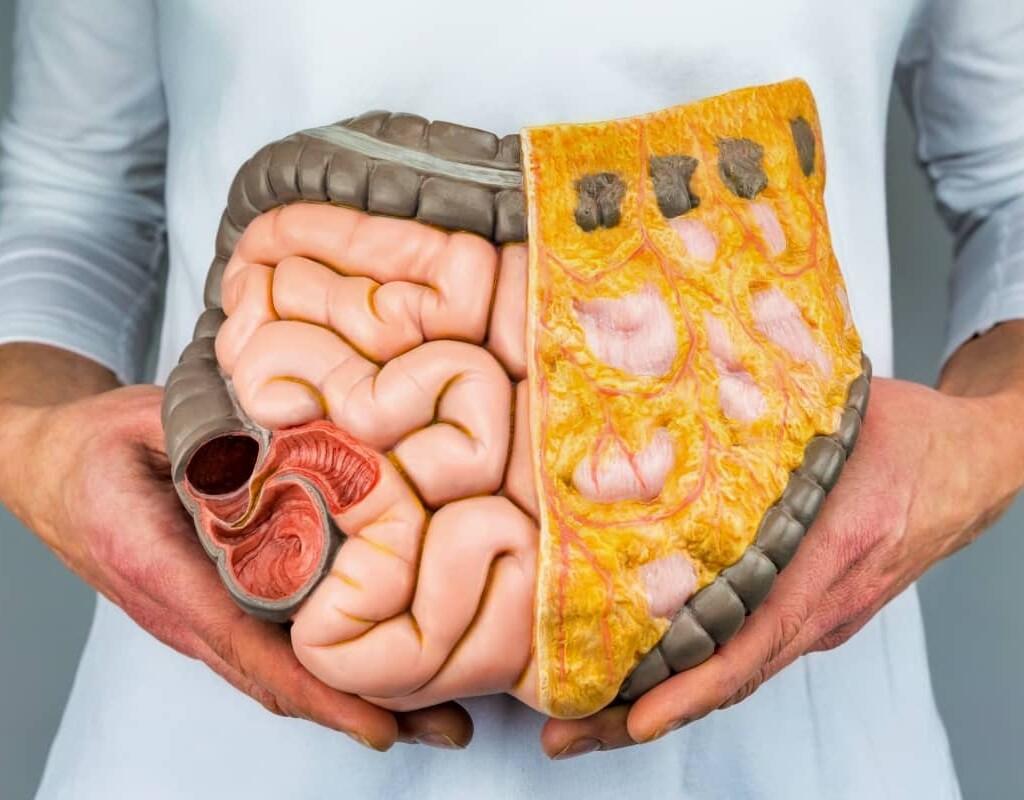Prostate problems in men are closely related to self-evaluation and the belief that, as they age, they lose their masculinity. Powerlessness adds an element of fear and is sometimes related to incapacity, resentment or prohibition.
Prostate Problems According to Biodecoding — Emotional Conflicts
In the first stage, sexual impotence can stem from fear or the belief that it is inappropriate to enjoy one’s own body. In addition, it can come from personal rejection and increase in contact with an un-empathic partner.
The prostate may also reflect symbolic activity. In some cases, the reasons may be a dismissal, a retirement, among other events, where the man ceases to “exercise” his strength, power and pleasure. Upon retiring, men may feel worthless, ineffective and unable to be complete men.
Prostate and Emotional Conflicts
The Relationship Between Men’s Health and Emotional Life
The prostate, in addition to being a physical organ, represents our most primitive instincts in relation to sexuality and the protection of offspring. In approximately 70% of cases, any symptoms related to the prostate may be indicative of a sexual conflict, while in the remaining 30%, they could be related to offspring.
The emotional conflicts that can affect the prostate are varied and range from the loss of a loved one, through the terror of losing grandchildren, to the feeling of not being sexually effective with the partner. They can include feelings of guilt or shame for having sexuality considered to be out of the norm, as well as the prohibition to exercise it. Even the story of real or symbolic castration can affect the ability to enjoy sexuality.
Prostate and Male Sexual Health: How to Address Concerns and Issues
The sexual and emotional health of men is an important issue that has been a matter of concern for many. Men can sometimes feel frustrated and worried about their sexual performance and their ability to satisfy their partners.
Concern for children and the ability to leave a legacy can also be an important factor in men’s emotional health.
The prostate, a gland that produces part of the seminal fluid, is essential for the proper functioning of the male reproductive system. Some men have experienced emotional problems related to the ability to leave offspring. Fear of not being able to prolong the last name or of not being able to leave part of themselves on Earth can be an important factor in the emotional health of some men.
It is important to note that these cases are the exception rather than the norm. There have also been cases in which the emotional impact of seeing a child or grandchild in violent or dirty situations has caused emotional damage to parents.
In general, it’s important for men to take care of their sexual and emotional health and to seek help if they have concerns or problems. Open and honest communication with your partners and health professionals can be an important step in addressing these issues and maintaining good sexual and emotional health.
Prostate cancer and its relationship with emotional stress: surprising and alarming cases
Four curious and alarming cases of prostate cancer have been related to situations involving conflicting sexual and emotional experiences.
- In the first example, a woman gives birth in the car with her husband, who experiences feelings of disgust and filth that later manifest as prostate cancer.
- In the second case, a bisexual man is discovered by his wife and family at a family reunion and later develops prostate cancer.
- In the third case, a priest who is attracted to a woman suffers from great emotional tension due to his religious beliefs and develops prostate cancer.
- In the last example, a married man who has many adventures due to sexual dissatisfaction with his wife suffers a car accident that leaves him unable to walk for a long time, leading him to give up his sex life and develop prostate cancer.
While these cases seem incredible, studies have been documented that suggest a connection between emotional stress and prostate health. The need to understand and address emotional health in the prevention of prostate cancer is increasingly important.
Prostate Discomfort: How Emotions and Thoughts May Be Affecting Your Health
If you’re experiencing prostate discomfort, it’s important to analyze your emotional and mental state to determine if there’s any connection to your physical symptoms.
One way to do this is to ask yourself what thoughts dominate your mind during the day. The answer to this question could be related to the discomfort you’re experiencing.
It is suggested to explore the hidden emotions behind prostate symptoms. These may be related to the male biological principle of being sexually effective and may include fears that weaken masculinity, renouncement of sexuality, sexual pressure and guilt, belief in aging and castration.
It’s important to note that mental and emotional health can have a significant impact on physical health and it’s vital to address any underlying issues for a full recovery. If you experience discomfort in your prostate or any other part of your body, it’s always a good idea to seek the opinion of a health professional.
How to release biological emotion?
To release our biological emotions, we must first accept our sexuality as we experience it. We must recognize that sex is much more than penetration and that we have the right to enjoy our sexuality in a way that is pleasant to us.
If our form of sexuality is different, we must accept it and enjoy it with people who love and accept us as we are.
In the case of prostate problems, it is important to understand that these are intended to help us restore our creative power in life. We should not fall into the belief that age makes us less able to attract, give or feel pleasure.
We must learn to enjoy our life and sexuality to the fullest, no matter how old we are.
It is essential to accept ourselves and our bodies and to understand that there is nothing wrong with enjoying our sexuality. In this way, we can release our biological emotions and experience a full and satisfying life.




